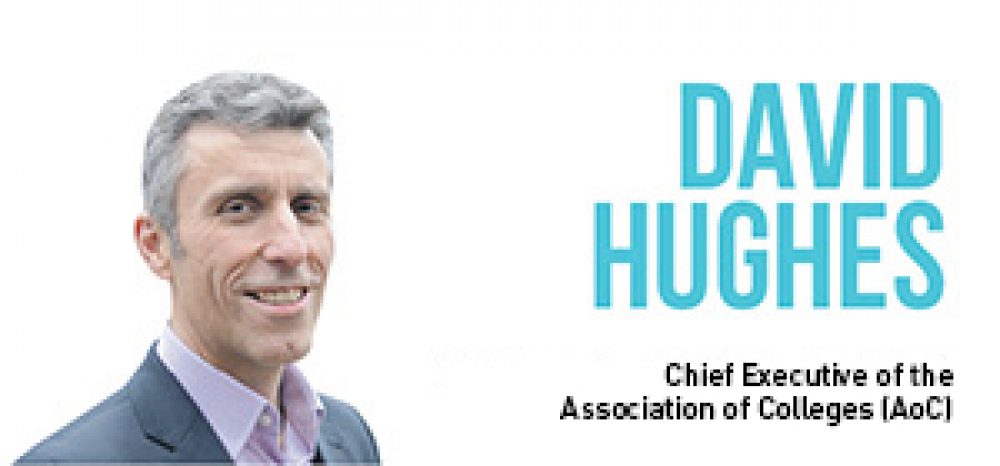After a cautious start, David Hughes now has bags of enthusiasm for the European Agenda for Adult Learning. He explains why
We were cautious when the National Institute of Adult Continuing Education (NIACE) was invited to act as the UK co-ordinator for the European Agenda for Adult Learning. Many years involved in administering and applying for EU funding had probably clouded my vision, but my spirits rose as I found out more and now, after a few months, I can see enormous benefits from taking on the role. A two-day conference in Cardiff last week kick-started our work.
So why are we so enthusiastic about this work and what relevance does it have to FE Week readers? There are many answers, but the main theme is what we can learn from each other and the sense of perspective that working with European partners brings.
That perspective can help to overcome the negative feelings that thrive during austere times, replacing them with a better understanding of what we should be proud of in the UK in adult learning. It also provides examples of what we need to aspire to.
But the beauty of engaging with EU partners is that it forces each of us to describe, explain and justify the policy, practice, statistics and outcomes of adult learning in our own country. That very act is instructive because it requires intelligent research, reflection and judgment — things that we often avoid because our working lives require us to deal with the urgent and the operational. Stepping outside the day-to-day fray and reaching a considered judgment is a useful leadership trick that often provides new insights.
Over the next couple of years NIACE, as the UK co-ordinator, will run a number of innovation projects and peer-learning activities that build on last week’s conference. The role of adult learning and skills to enhance Europe’s economy and society is central to the work of the EU, its member states and other participants in the lifelong learning programme.
Our robust systems of inspection and national qualifications are looked on with cautious interest”
The EU Agenda, adopted in November 2011, stresses the need for adult educators to make a case for investment, better analyse learner participation and motivation, and develop robust strategies to engage adults who have benefited least from initial education.
All these issues are common challenges across the 27 member states, even if the contexts and scale of the challenges differ.
Our work for the conference forced us to reflect on the position in the UK and the inherent complexity of the differences between the four home nations.
The many challenges expressed by EU partners, with examples of good policy and practice, always make me feel that things are not all bad here.
When we describe the UK position our European partners’ responses veer from the bewildered to the envious. Our reputation for Adult Learners’ Week precedes us, as does the respect for the level of debate, publications and teaching materials that NIACE and others contribute to.
Our robust systems of inspection and national qualifications are looked on with cautious interest and we appear high up in statistics about investment and participation in adult learning.
Conversely, we have long known that we need to learn more about vocational learning and training, about employer engagement in education, about learning for citizenship and approaches to inclusion.
I am convinced that we can continue to learn from others and benefit from the reflection on our own policies and practices. Ultimately adults across Europe will also benefit if the best ideas and practices from the 27 states drive the vision for adult learning across the EU.
David Hughes, chief executive, NIACE









Your thoughts